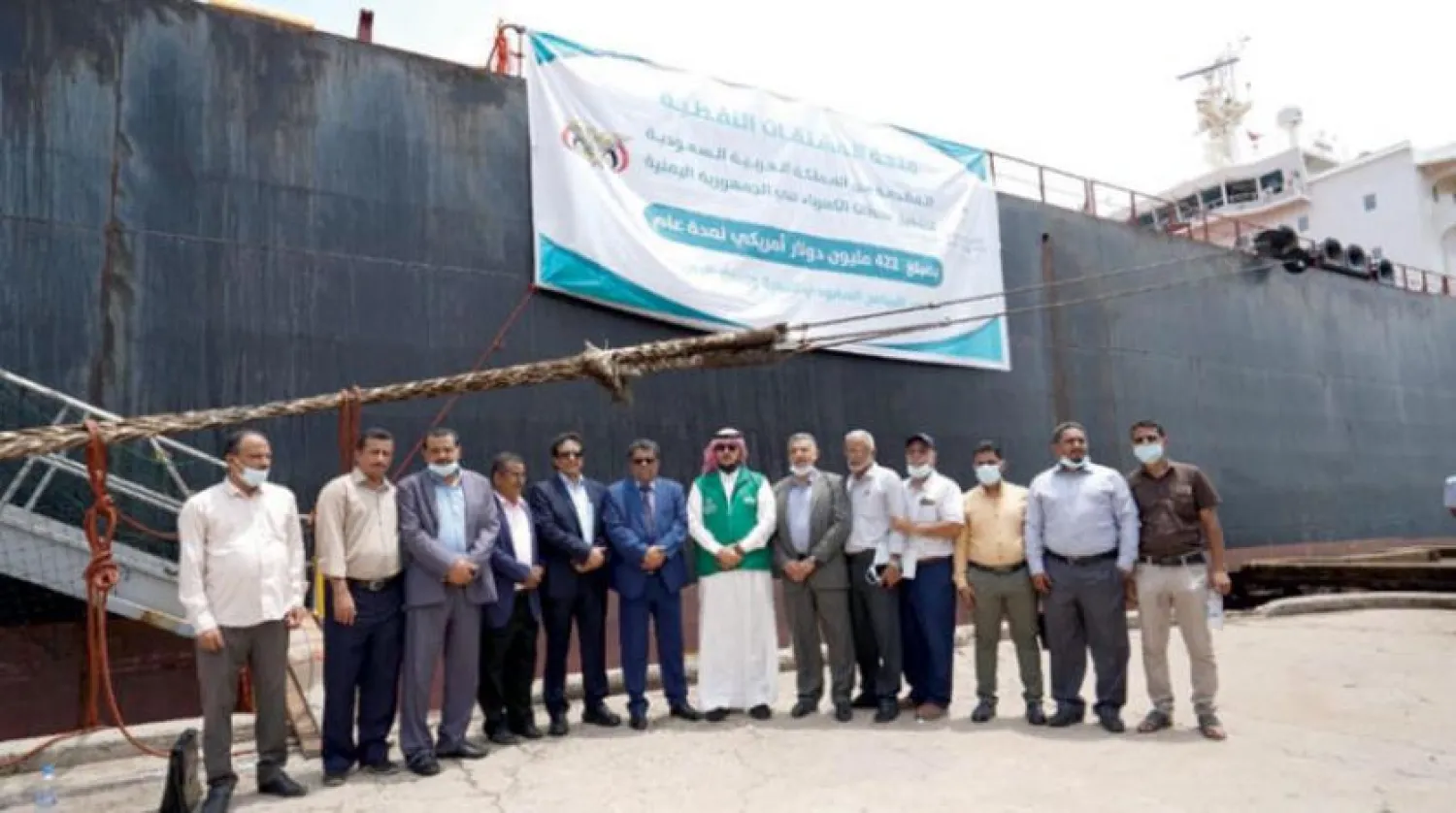Saudi Arabia has ranked third globally and first in the Arab world in terms of providing humanitarian aid to developing and poor countries.
The Kingdom is behind grants amounting to more than $841 million, and it is regarded as the biggest donor to war-torn Yemen, with humanitarian contributions worth nearly 800 million until the end of July 2021, according to the United Nations Financial Tracking Service (FTS).
Speaking on the occasion, the Supervisor-General of the King Salman Humanitarian Aid and Relief Center (KSrelief), Abdullah Al Rabeeah, said that the global achievement is a result of the unlimited support that humanitarian and relief efforts receive from Custodian of the Two Holy Mosques King Salman and Crown Prince Mohammed bin Salman.
According to Al Rabeeah’s statement, the Kingdom’s ranking reflects the firm values held by its leadership and people.
These values are anchored in the Kingdom’s Islamic faith, glorious history of giving, and keenness to extend a helping hand to all the needy people and countries across the world, Al Rabeeah added in his statement.
He asserted that the Kingdom would continue helping the needy in all parts of the world with the guidance, follow-up, and support of its leadership.
It is noteworthy that Saudi aid to Yemen exceeds $17 billion and is not limited to humanitarian assistance.
According to previous statements made by the Saudi ambassador to Yemen, Mohammed Al Jaber, it extends to supporting the embattled country’s economy, services, and development programs.









